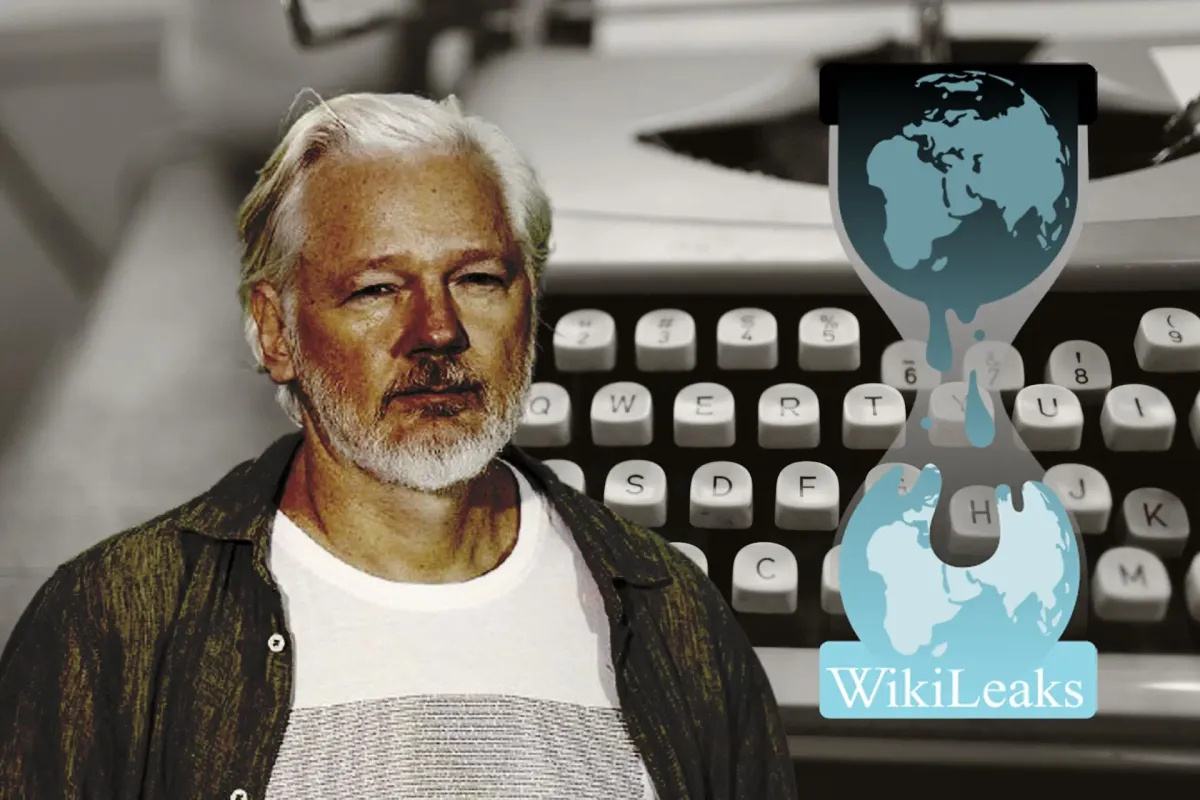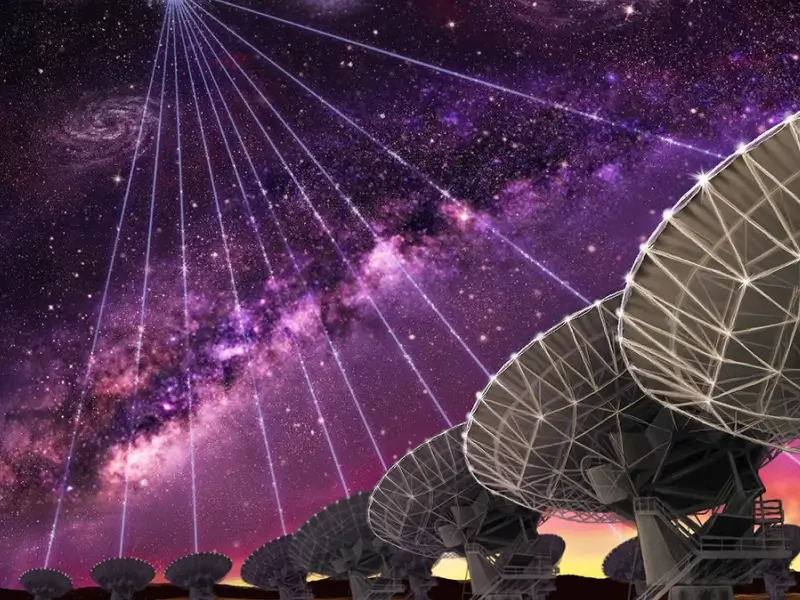Julian Assange and the War Over Information: The Internet’s Most Polarizing Publisher
A publisher facing retaliation for exposing truths that powerful institutions wanted buried. To critics, he’s a political actor masquerading as a journalist.

Julian Assange has always lived in the gap between what governments say the public should know and what the public actually deserves to know. Long before his name became shorthand for controversy, extradition battles, and geopolitical panic, he was simply a technologist obsessed with a single idea: information wants to be free. That idea would eventually power WikiLeaks, a platform that detonated itself into the global consciousness and redefined the architecture of whistleblowing in the digital age.
When WikiLeaks emerged in the late 2000s, it wasn’t just another website—it was an insurgency. A new model of journalism that didn’t care about political relationships, press briefings, or institutional timidity. WikiLeaks published raw documents at a scale and speed that traditional newsrooms couldn’t match, and in doing so, it bypassed editorial filters that had long shaped the public’s understanding of global events. Assange wasn’t just pushing the boundaries; he was stepping over them.
The release of the Iraq War Logs, the Afghanistan War Diary, and U.S. diplomatic cables triggered shockwaves through governments, military structures, and intelligence communities. Supporters heralded the leaks as a victory for transparency, exposing civilian casualties, backroom deals, and abuses of power. Critics accused Assange of recklessness, arguing that dumping classified material onto the open internet put lives at risk and undermined diplomacy. What both sides overlooked was that Assange had tapped into something deeper: a structural vulnerability in the modern state the inability to control information once it escapes its digital cage.
In a media ecosystem now dominated by algorithmic feeds, disposable outrage, and corporate spin, Assange’s work feels even more disruptive. He didn’t just reveal secrets; he challenged the very idea that governments can curate reality for their citizens. WikiLeaks operated outside the normal circuits of journalism. No ad revenue. No editorial board. No allegiance to any nation. Its only currency was documents, and its only loyalty was to disclosure.
That ideological purity admirable to some, dangerous to others is what has made Assange such a polarizing figure. To activists, he’s a publisher facing retaliation for exposing truths that powerful institutions wanted buried. To critics, he’s a political actor masquerading as a journalist. But the truth is more complex and more uncomfortable. Assange exists in a space where journalism, hacking, activism, and espionage overlap. He is a creation of the internet as much as he is a challenger to it.
Even after his long legal battles, years of confinement, and ongoing debates about press freedom, Julian Assange’s imprint on modern journalism is unmistakable. Every leak, every whistleblower platform, every data-driven investigation owes a debt to the model he built. He exposed a permanent fracture in the relationship between states and their citizens—one that cannot be sealed by arrests or court rulings.
Whether Assange is remembered as a hero, a villain, or something in between, one fact remains: he forced the world to confront the cost of secrecy in a digital era where no file stays hidden forever.




